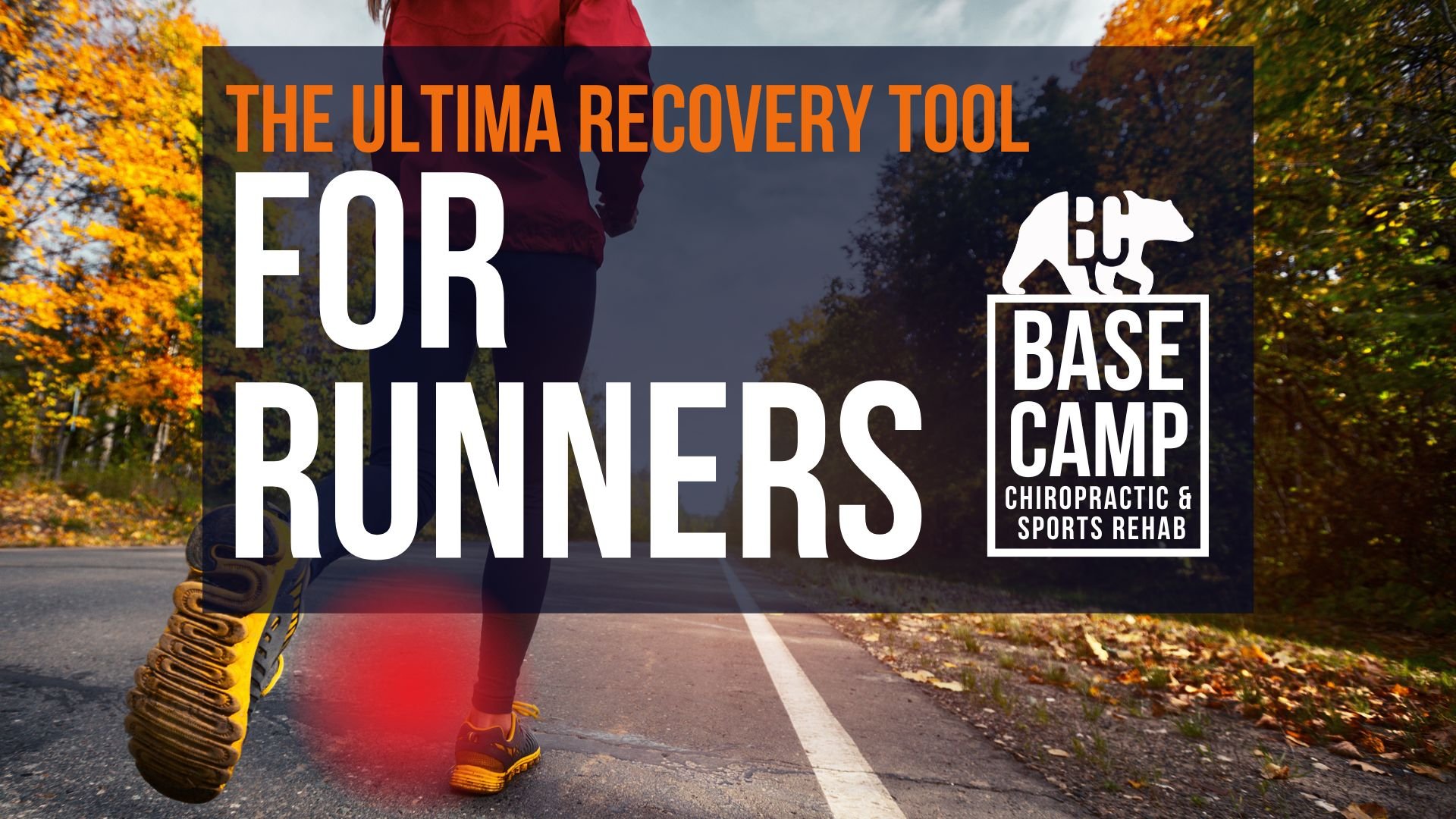The ultimate recovery tool for runners
Take a second to guess what I am doing to say.
Are you thinking foam rolling? What about stretching? Maybe yoga?
Nope.
What if I told you I am a Chiropractor and Sports Clinician?
Must be adjustments then, right? Or IMS and needling? Or what about active muscle release?
Negative again.
The number one recovery tool for runners is free, effective, and has no negative side effects.
It’s sleep.
Shocker. I know. You have heard it before (and if you are a patient of mine, you have heard it from me).
Why does Sleep matter?
Sleep is essential for you as a runner when it comes to bouncing back and performing at your best. While you may be focused on training hard and eating right, one thing that runners often neglect is shut-eye. But let me tell you, skimping on sleep can really hold you back, mess with your results, and increase your chance of injury. In this article, we're going to dive into how sleep plays a massive role in helping you recover from running and boost your performance.
Recovery is key for your training routine, and sleep is like the secret sauce for making it happen. When you run, your muscles experience microscopic damage and inflammation. It's a natural part of the process and helps you grow and get stronger. But without proper recovery, these little tears can build up and leave you feeling tired, performing worse, and even more prone to injuries.
When you snooze, your body gets to work repairing and rejuvenating. It releases growth hormones that are crucial for fixing up those muscle tears and promoting muscle growth. So, by catching enough Zzzs, you're giving your body the chance to make the most of these hormones and speed up your recovery.
Sleep is also your ticket to topping up your energy reserves. You see, when you run, your muscles use up glycogen, which is their fuel source. But don't worry, sleep helps you refill those glycogen stores, so you'll have plenty of pep for your next run.
Sleep isn't just good for your body—it's a total game-changer for your mind too. When you don't get enough sleep, your mood, focus, decision-making, and reaction time all suffer. And trust me, as a runner, you need all those things to be on point, especially during races or intense workouts.
On top of that, getting quality sleep seriously lowers your risk of getting injured. Not only will you recover better from the damage caused by running, if you're sleep-deprived, your coordination, balance, and muscle recovery take a hit, which makes you more accident-prone. But when you prioritize sleep, you're giving your muscles, tendons, and ligaments the chance to get stronger and reduce the chance of overuse injuries.
How much sleep do we need?
In a perfect world, you would go to sleep at the same time every night, and wake up without an alarm whenever your body tells you. But that is not a reality for most of us (myself included).
If you are taking your training seriously though, aim for 8+ hours per night of sleep. This has been shown repeatedly to be the threshold for injury prevention and performance.
Why I recommend 7.5 or 9 hrs instead of 8…
For most people, a full sleep cycle takes about 90 minutes (variation from 70-120 minutes). During a sleep cycle, we go through 4 stages of sleep: Stages 1, 2, Deep Sleep and REM sleep (rapid eye movement). MOST physical recovery happens in deep sleep, and our deep sleep increases in length as the night goes on.
But with a 90-minute sleep cycle, it is most comfortable to be woken up when we are in between sleep cycles. That is why when I wake up at 7.5 hours I feel way more alert and awake than when I am woken up at 8 hours (while I am heading back into another sleep cycle).
The takeaway here is to play around with your sleep length and see where you typically feel best waking up but aim for 7.5 hours at a minimum (9 hours even better!).
SLEEP HYGIENE (getting the most out of your sleep)
So, how do you make the most of your shut-eye?
1) Consistency: Well, first, establish a sleep routine. Try to hit the hay and wake up at around the same time every day. This helps regulate your internal clock and makes it easier for you to fall asleep and wake up feeling refreshed.
2) Cold and Dark: keep your room as cold and as dark as possible when going to sleep. This helps you get a deeper and more rejuvenating sleep.
3) Ditch the alcohol and caffeine: limit caffeine intake at least 6 hrs (9-12 is even better) and alcohol at least 3 hours before bed. Even if you don’t feel it, caffeine and alcohol can compromise the quality of your sleep.
4) Magnesium: most of us are limited in magnesium. Taking magnesium before bed can improve your sleep (heads up: weird dreams, incoming!)
And hey, if you're feeling tired during the day, don't be shy to take a power nap. Just 20-30 minutes can do wonders for your focus, reduce fatigue, and give your performance a boost, especially when you're training hard.
To wrap it up, sleep is like a secret weapon for you as a runner. It helps you recover, recharge your energy, and keep your mind sharp. By giving sleep the love it deserves, you'll supercharge your running performance, reduce the risk of injuries, and overall feel like a superstar. So, make sleep a priority in your training routine, and get ready to crush those running goals!
Author: Dr Mark Murdoch, Chiropractor and Co-Founder at Base Camp Sport and Spine in Vernon, BC.
Mark Murdoch is a Doctor of Chiropractic with a Master’s Degree in Sports Medicine.
Contact: drmurdoch@basecampclinic.com
Instagram: Base.Camp.Doc


